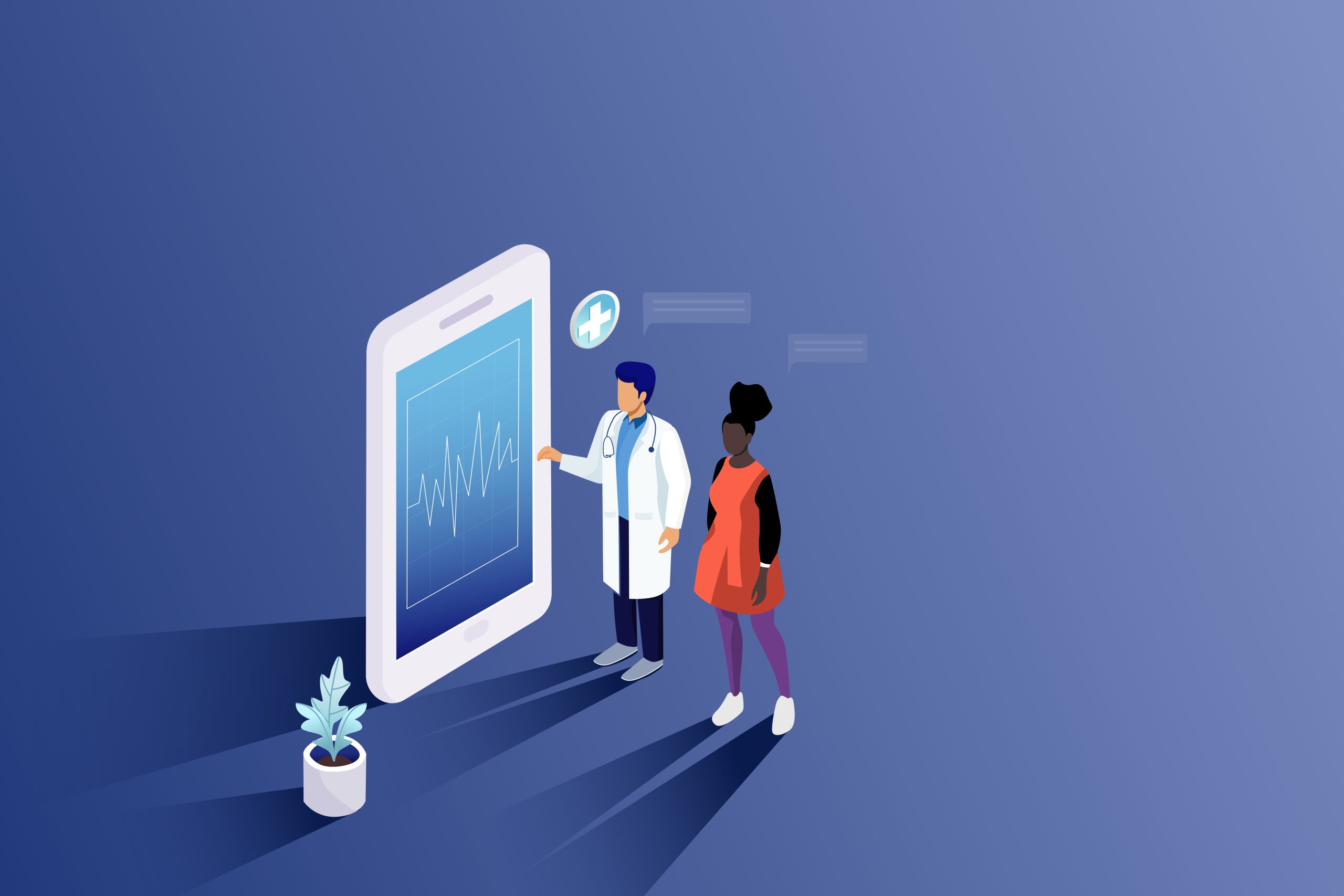AI Doctors? Tech Promises More Human Healthcare, But at What Cost?
The promise of artificial intelligence is sweeping across industries, and healthcare is no exception. But can algorithms truly make healthcare more “human,” or are we sacrificing something essential in the pursuit of efficiency? The debate is intensifying as AI tools become increasingly integrated into the doctor-patient relationship.
The Algorithm in the Room: A New Kind of Consultation
Imagine sitting in your doctor’s office, receiving not only their expert opinion but also a data-driven prediction of your future health risks generated by AI. This scenario, once confined to science fiction, is rapidly becoming reality. As highlighted in a recent personal account, doctors are beginning to leverage AI databases to analyze patient information, compare it against millions of others, and forecast potential health outcomes.
The allure is clear: AI can process vast amounts of data far beyond human capacity, potentially identifying patterns and risks that might otherwise be missed. Proponents, like physician-scientist Dr. Eric Topol, argue that AI can empower doctors with better insights, freeing them from administrative burdens and allowing them to focus more on direct patient care. This could translate to more personalized treatment plans and improved health outcomes.
The Human Touch: What Gets Lost in Translation?
However, the integration of AI into healthcare raises crucial questions. While data analysis can be invaluable, healthcare is inherently a human endeavor. The nuances of individual experiences, emotional well-being, and lifestyle factors often defy quantification. Are we at risk of reducing patients to mere data points, overlooking the very human elements that contribute to health and healing?
Skepticism surrounding AI is widespread, and for good reason. Concerns about data privacy, algorithmic bias, and the potential for over-reliance on technology are legitimate. Furthermore, the “black box” nature of some AI models can make it difficult to understand how decisions are being made, potentially undermining trust in the healthcare system.
Navigating the Future of AI in Medicine
The key to successfully integrating AI into healthcare lies in striking a balance. AI should be viewed as a tool to augment, not replace, the expertise and empathy of human doctors. Transparency, ethical guidelines, and robust oversight are essential to ensure that AI is used responsibly and in the best interests of patients. As AI becomes more prevalent, ongoing dialogue is necessary to address the ethical and practical challenges, ultimately shaping a future where technology enhances, rather than diminishes, the human element of healthcare.
SOURCE INFORMATION:
TITLE: Can AI make health care more human?
DESCRIPTION: A couple weeks ago, I went to the doctor to go over some test results. All was well — spectacularly average, even. But there was one part of the appointment that did take me by surprise. After my doctor gave me advice based on my health and age, she turned her computer monitor towards me […]
CONTENT: Can AI give doctors more time to focus on their patients? | Namthip Muanthongthae/Getty Images A couple weeks ago, I went to the doctor to go over some test results. All was well — spectacularly average, even. But there was one part of the appointment that did take me by surprise. After my doctor gave me advice based on my health and age, she turned her computer monitor towards me and presented me with a colorful dashboard filled with numbers and percentages. At first, I wasn’t quite sure what I was looking at. My doctor explained that she entered my information into a database with millions of other patients, just like me — and that database used AI to predict my most likely outcomes. So there it was: a snapshot of my potential health problems. Usually I’m skeptical when it comes to AI. Most Americans are. But if our doctors trust these large language models, does that mean we should too? Dr. Eric Topol thinks the answer is a resounding yes. He’s a physician scie
SOURCE: Vox
Based on materials: Vox





